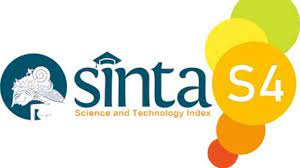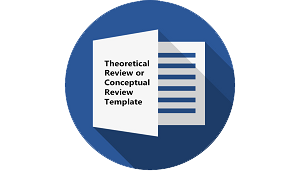Competence of EFL Junior High School Teachers in Implementing Classroom assessment in Merauke Distict, Papua
DOI:
https://doi.org/10.30957/ijoltl.v4i2.261Keywords:
classroom-based assessment, authentic assessment, instrument, professionalAbstract
The goal of this study was to explore the classroom assessment comprehension of EFL–JHS (Junior High School) teachers in Merauke District. A descriptive evaluative research design was used to describe objectively and evaluate several variables related to the competence of EFL teachers in implementing classroom-based assessment (CBA) in English subject. This research was carried out in Merauke district. The sample used in this study was all the number of populations that we term to the total sampling or purposive sampling, namely 56 respondents. Questionnaires were distributed to 56 respondents, but in the allotted time only 25 returned the questionnaires. Of the 25 questionnaires were returned to the researchers, there were 18 questionnaires stated as feasible and complete to be analyzed while 7 questionnaires were declared incomplete. There were three instruments used to collect data: questionnaire, interview, and focus group discussion (FGD). The results showed that respondents' understanding of the principles and characteristics of CBA was that 9 (50%) respondents claimed to understand and 9 (50%) said they did not understand. They did not understand CBA generally lived and taught in remote areas and stated that they did not have sufficient access to conduct training or curriculum workshops or other professional development.
Downloads
Downloads
Published
How to Cite
Issue
Section
License
Authors who publish with this journal agree to the following terms:
- Authors retain copyright and grant the journal right of first publication with the work simultaneously licensed under a Creative Commons Attribution-ShareAlike 4.0 International License that allows others to share the work with an acknowledgement of the work's authorship and initial publication in this journal.
- Authors are able to enter into separate, additional contractual arrangements for the non-exclusive distribution of the journal's published version of the work (e.g., post it to an institutional repository or publish it in a book), with an acknowledgement of its initial publication in this journal.
- Authors are permitted and encouraged to post their work online (e.g., in institutional repositories or on their website) prior to and during the submission process, as it can lead to productive exchanges, as well as earlier and greater citation of published work (See The Effect of Open Access).












